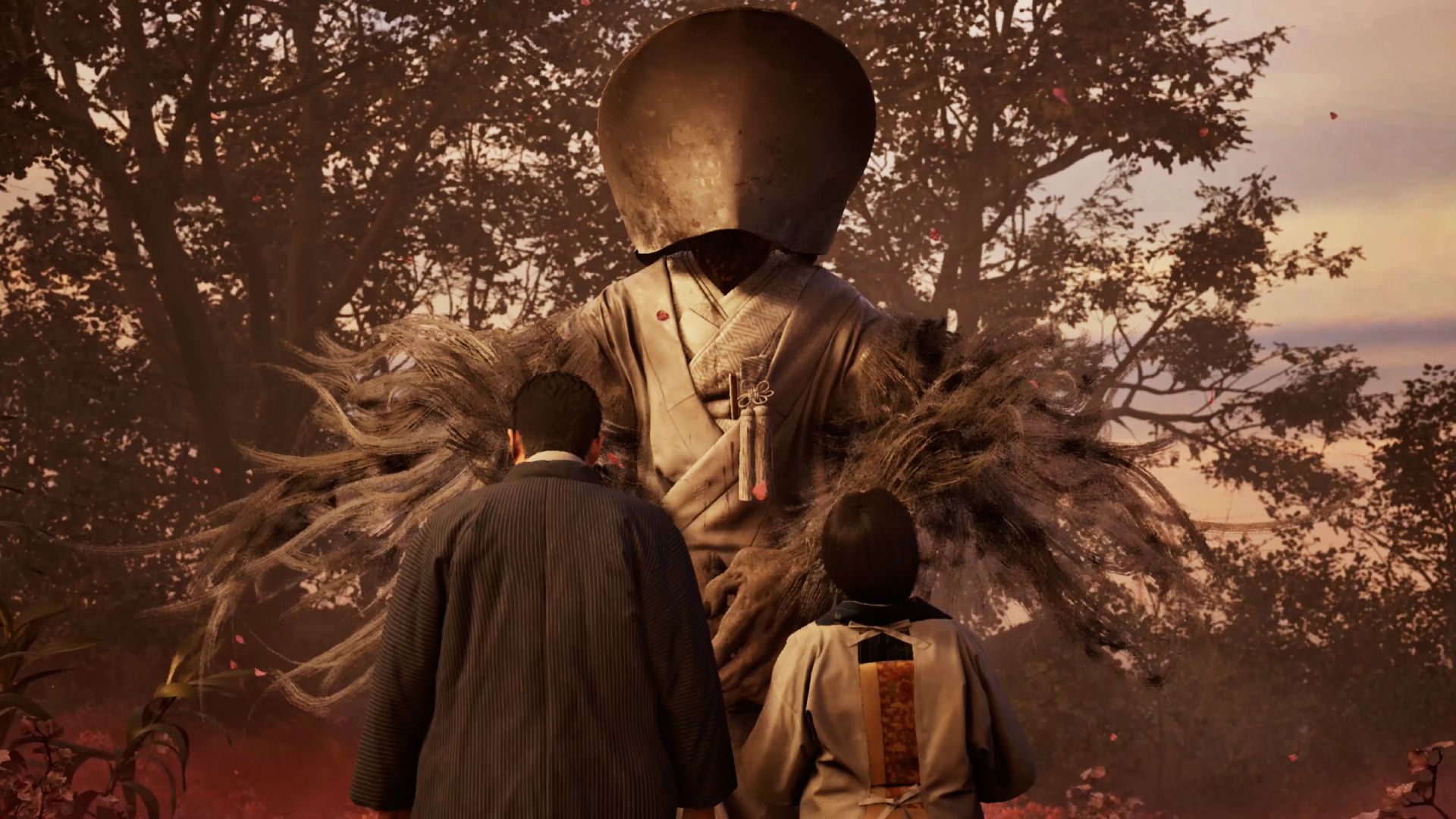The recent announcement of nominees for the Game Awards has sparked disappointment among fans of the horror genre, particularly for the game Silent Hill f. Despite its critical acclaim and a dedicated fanbase, the title did not receive a nomination for Game of the Year. This has led to discussions about the ongoing marginalization of horror games in award seasons, despite their popularity and impact on the gaming landscape.
Silent Hill f marks the return of the iconic franchise after a thirteen-year hiatus. It is celebrated for its stunning visuals, unique setting, and a combat system that has garnered mixed reactions among players. Many fans believe it successfully captures the essence of what makes a Silent Hill game, while also introducing its own distinct identity. Yet, the game’s unconventional design choices, particularly related to its endings, may have hindered its chances at the Game Awards.
The game features a structure where players must complete multiple playthroughs to unlock different endings. Upon finishing the game for the first time, players are met with a single, brief ending that leaves them with more questions than answers. To discover the additional four endings, players must replay the game, meeting specific conditions and overcoming challenges that can feel daunting.
According to player statistics on PlayStation 5, approximately 59% of players have completed the game, while only 30% have obtained the sacred weapon necessary for two alternative endings. This data suggests that many players found the prospect of replaying the game unappealing, which could explain the lack of recognition from the Game Awards nominating body, of which Polygon is a part.
The abrupt nature of Silent Hill f’s default ending has drawn criticism, with some players feeling it lacks the depth and closure typically expected from a narrative-driven game. The ending resembles a cliffhanger, reminiscent of a post-credits scene in films, prompting comparisons to the cinematic universe model that often relies on sequels to expand on storylines.
In contrast, games like Baldur’s Gate 3, which won Game of the Year in 2023, have demonstrated that multiple endings can still provide a satisfying conclusion on the first playthrough. Previous entries in the Silent Hill franchise also managed to deliver complete narratives the first time through, offering diverse endings based on player choices without leaving them in suspense.
The decision to omit Silent Hill f from the Game of the Year nominations has reignited discussions about the recognition of horror games in the industry. While they often enjoy robust fan support, their critical reception during awards season frequently falls short.
As gaming continues to evolve, the conversation around the acknowledgment of horror titles at major awards will likely persist. With a passionate community behind Silent Hill f, the hope remains that future installments in the series—and its peers—will receive the recognition they deserve for their innovative storytelling and gameplay.
